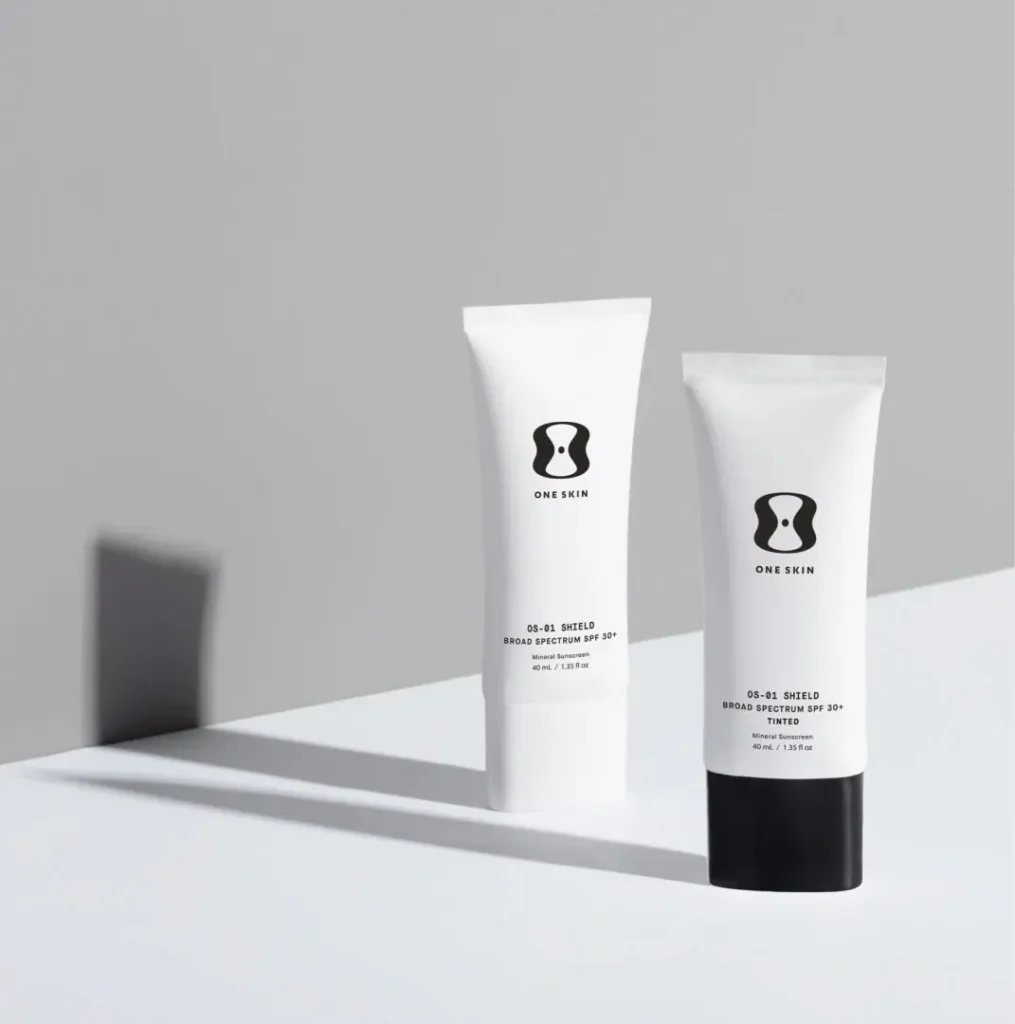The word DETOX usually brings to mind things like juice cleanses, colon cleanses, diet pills or prolonged fasting. Commercial detox diets make it seem like detoxing is simple and easy to achieve, all you have to do is not eat or eat very little for a week to 10 days. The truth is that truly effective detoxification is a bit more complicated….
The detox process is a systemic process and it should be individualized and done with caution. Taking into account the person, their environment, lifestyle, and genetics, is very important to avoid increased free radical release that cannot be handled by the body.
Take reduced calorie diets that are less than 800-1000 calories per day for a prolonged period of time. This type of diet definitely will cause weight loss due to the severe calorie restriction. But did you know….Lipid soluble toxins are stored in fat tissue and contribute to increased toxin load with rapid weight loss. Hence, rapid weight loss or starvation diets can actually make you sick by causing a release of large amounts of toxins from fatty tissue. The toxin release can overwhelm our bodies and cause free radical damage.
WHAT ARE TOXINS?
Toxins are all around us. Toxins actually come from living organisms like mold, mycotoxins, or bacteria in our guts that produce endotoxins. Toxicants are man made toxins like dioxin and insecticides. The total body burden of these toxins and toxicants is what is most important. Total body burden is affected by environmental exposure (ongoing or past), genetics, lifestyle, stress, and microbiome balance aka gut health.
WHAT IS DETOX?:
To effectively detox, the body has to be able to excrete both hydrophilic (water compounds) and lipophilic (fat compounds) from the body. Hydrophilic compounds are more readily and easily excreted in the urine or bile because they do not have to be chemically altered, but in contrast lipophilic compounds must be chemically altered to facilitate excretion. Lipophilic compounds (compounds dissolved in fat) must go through bioactivation and then conjugation. The majority of the reactions occur in the liver but still require a properly functioning gut and kidneys. In this study by Jeong. H.G. et al, they found that the bacteria in our guts play a major role in biotransformation and detoxification and differences in the bacteria make up in our guts may explain some of the differences in detoxification of different compounds between individuals.
Hence, the importance of supporting the liver, kidneys and gut when trying to detox.
PHASES OF DETOX:
Phase 1 detoxification occurs mainly in the liver and uses the Cytochrome P450 enzymes to perform oxidation (loss of electrons), reduction (gain of electrons) and hydrolysis (adding water) of varying toxins to ease elimination and produce metabolically inactive compounds that can further be metabolize and bound by phase 2 enzymes. Phase 1 detox is influenced by:
-
Diet: protein, carbohydrate and fat intake
-
Phytochemicals
-
Drug interactions
-
Steroid hormones
-
Peptide hormones
-
Thyroid hormones
-
Endotoxins: produced by “bad” gut bacteria
-
Xenobiotics: industrial chemicals; pesticides; alcohol; environmental pollutants; cigarette smoke and food additives.
-
Inflammation
-
Liver disease
Phase 2 detoxification takes metabolically inactive products and prepares them for elimination via bile or urine. Phase 2 detox takes a lot of cellular energy or ATP! Deficient nutrient intake or absorption (poor gut health) will affect this phase of detox due to lack of mitochondrial functioning. An improperly functioning gut during this stage can lead to re-circulation of toxins and estrogens.
Phase 2 detox involves producing enzymes (below) to remove toxins, xenobiotics, metals, drug compounds, neurotransmitters, and steroid hormones like estrogens.
-
Glucuronic acid (glucuronidation) – metabolizes Insecticides, herbicides, heterocyclic carcinogens, Bisphenol-A (BPA), phthalates (plastics), some pharmaceutical drugs like sulfonamides, naproxen, ibuprofen, acetaminophen, fibrates, as well as tobacco and recreational drugs and carcinogens (Meech, R).
-
Sulfate (sulfation)- deactivates xenobiotics, many drugs, estrogens, catecholamines.
-
Glutathione (glutathione conjugation) -many xenobiotics and toxic metals
-
Acetate (acetylation) – drugs, xenobiotics, histamine, sulfur drugs and neurotransmitters
-
Amino acids (amino acid conjugation) -drugs, xenobiotics, fatty acids and bile acids
-
Methyl groups (methylation) – drugs, xenobiotics, arsenic and neurotransmitters.
Factors that affect phase 2 detox:
-
Diet: adequate protein, carbs, fats, and phytonutrients
-
Gut health
-
Lifestyle factors (diet, exercise, sleep, stress)
-
Inflammation
-
Toxic load
-
Genetics
-
Drugs (medications, recreational drugs)
Under basic conditions phase 2 enzymes do not function at maximum capacity. Combined with an improperly functioning gut and genetic polymorphisms this can lead to re-circulation of toxins and chronic disease development. Many studies have shown varying polymorphisms or genetic changes combined with certain lifestyle factors can lead to chronic disease or cancer. For example, deficient glutathione production as in those with a genetic polymorphism in glutathione transferase subtype P1-1, which is expressed in the blood-brain barrier, may explain some people’s genetic susceptiblity to developing parkinson’s disease due to the reduced ability to eliminate pesticides (Menegon, A et al).
What causes impaired detoxification?:
-
High toxin load: internal and external otherwise known as the exposome
-
Poorly functioning gut: constipation, diarrhea, bloating, inadequate absorption, lack of bile
-
Decreased absorption or intake of nutrients: lack of nutrients i.e. protein, fats, carbs
-
Lack of phytonutrients (antioxidants): Eat the rainbow!
-
Imbalanced phase 1 > phase 2 detoxification
-
Again….re-circulation of toxins within the GI tract
How do we improve detox?
To be able to adequately go from phase 1 detox to phase 2 detox we need to be digesting and absorbing our nutrients. This all starts in the gut! Phase 1 detox takes adequate macronutrients (fats, carbs, protein) and micronutrient support (B vitamins, phospholipis, phytonutrients, glutathione, branch-chan amino acids). Phase 2 detox takes co-factors for conjugation i.e. glycine, taurine, glutamine, methionine, cysteine, N-acetyl cysteine, magnesium, alpha lipoic acid and B-vitamins. Proper elimination is key i.e. avoiding constipation and renal disease.
We forgot about Phase 3 detox!
Eating a diet rich in phytonutrients supports phase 3 detoxification that actually begins prior to phase 1 or first pass metabolism. Phase 3 detox involves a protein called P-glycoprotein that is found in intestinal villi tips (gut lining), renal tubules, hepatocytes, and the blood brain barrier (Okura T). If phase 3 is supported this will reduce the load on phase 1 and reduce the amount of toxins put into circulation. Things like resveratrol and curcumin stimulate phase 3 detoxification as well as having a strong gastrointestinal lining. Eat the rainbow!
Bottom Line!
Detox is a complicated process. There are many manifestations of impaired detox such as: anxiety, depression, headaches, concentration/memory/learning difficulties, insomnia, peripheral neuropathy, allergies, asthma, atopy, chronic infections, adverse food reactions, chemical sensitivities, autoimmune disease, obesity, fatigue, fibromyalgia, cardiovascular disease, or dementia. So what do you do?
-
Get your gut in line! Get a comprehensive stool analysis and personalized wellness plan
-
Avoid toxins in everyday products
-
Eat the rainbow
-
Get good sleep
-
Reduce stress
-
Move that body i.e. Exercise!
-
Get some sun!
References:
Jeong HG, Kang MJ, Kim HG, Oh DG, Kim JS, Lee SK, Jeong TC. Role of intestinal microflora in xenobiotic-induced toxicity. Mol Nutr Food Res. 2013 Jan;57(1):84-99
Meech R, Gui Hu D, McKinnon R, et al. The UDP-Glycosyltransferase (UGT) Superfamily: New Members, New Functions, and Novel Paradigms. Physiological Reviews. 2019. https://doi.org/10.1152/physrev.00058.201
Menegon A, Board PG, Blackburn AC, Mellick GD, Le Couteur DG. Parkinson’s disease, pesticides, and glutathione transferase polymorphisms. Lancet. 1998 Oct 24;352(9137):1344-6.
Okura T, Ibe M, Umegaki K, Shinozuka K, Yamada S. Effects of dietary ingredients on function and expression of P-glycoprotein in human intestinal epithelial cells. Biol Pharm Bull. 2010;33(2):255-9. doi: 10.1248/bpb.33.255.



























